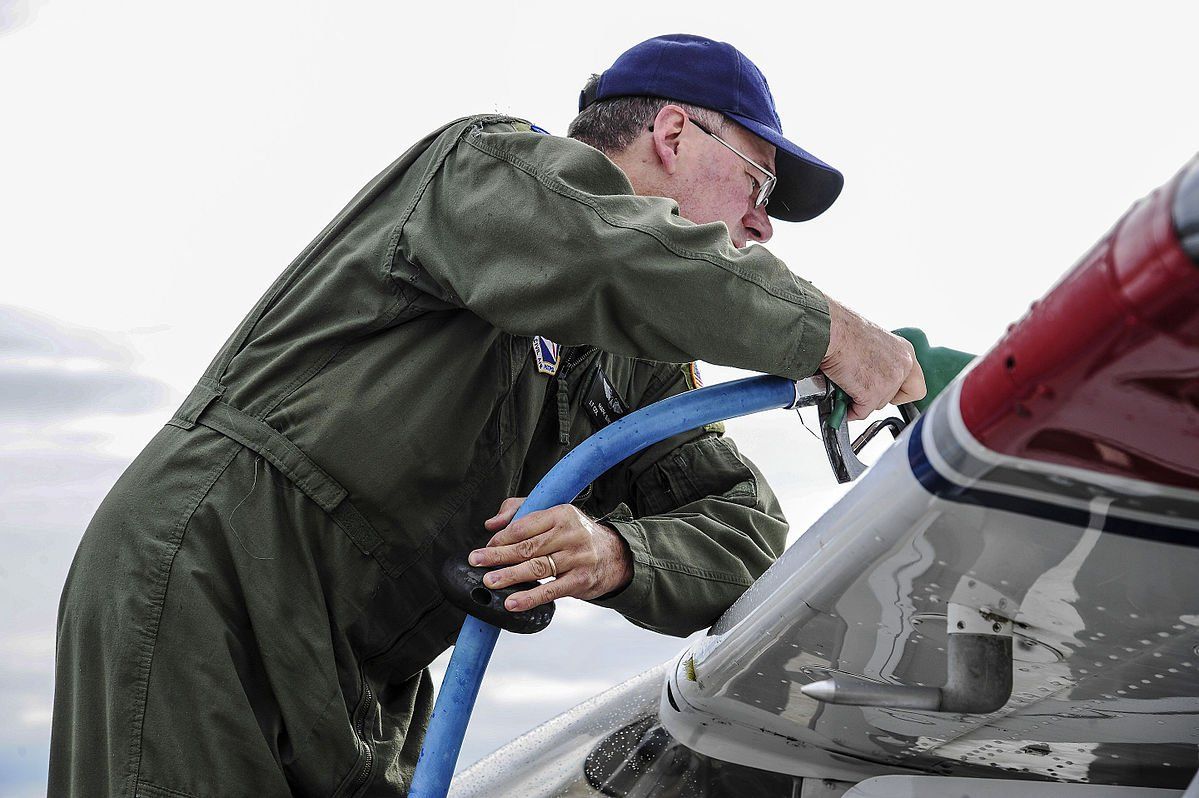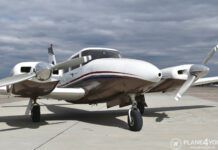
100LL Replacement Fuel
I am glad GAMI is putting all the time and effort in this endeavor. However, with an option that costs MORE than what we already pay I’m not at all interested. Sorry but I’ll stick with the lead. The GA world is trying to desperately save itself by finding options to allow GA to fly less expensively. Adding MORE cost to flying does not help us. It only hurts us. We want an STC so we can burn high octane motor vehicle fuel. Just allow us to burn MOGAS and most of our problems will be solved and because GA will cost less we will get more flyers again.
– Steve LaCrosse
The STC route is smart albeit constrained. But of the available possibilities for using a new fuel it’s probably the least of all evils given the current regulatory framework. One can only hope one is covered and the fuel is widely distributed. 40 to 80 cents more is mouse nuts compared to everything else. The real problem is a regulatory one more than an engineering one. The FAA have painted themselves into a regulatory corner with the whole type certification structure. When the current certification process was established, nobody ever thought of the possibility that aviation gasoline as defined for existing type certificates might one day go away. The rules were designed to prevent change and be intentionally inflexible to avoid the possibility someone might do something that was not thoroughly tested (hence permitted) and therefore cause an unsafe condition. As the rules are written all aircraft are obligated to use the fuel which appears on their TCDS. If it says aviation gasoline then it includes TEL. To change this broadly without using the STC process would require a change in the definition of aviation gasoline, which would require the FAA to make a change to FARs. This would make them responsible for what happened, and that is anathema. Heretofore, the certification process put the liability for everything on the manufacturers of aircraft and fuel. That’s not something the FAA wants to take on. The regulatory framework is the entire reason technology has leapt far ahead of aviation, and within aviation the experimental world is far ahead of the certificated world. From a regulator standpoint, the question is “How do you keep every hayseeing knumbknut from turning their aircraft into an unairworthy piece of grabastic junk while still allowing aircraft operators to upgrade critical components like engines and avionics from technology that predates the lawnmower.” While I am no big fan of what I believe is somewhat excessive and limiting regulation I will also concede there are more than enough idiots out there quite willing to do something stupid with an aircraft that realistically might get you and me killed.
– Fill Cee
FAA Rejects AOPA FBO Pricing Complaint
Buyer beware. If you don’t like it, don’t go there. The competition is to choose a different airport/FBO. Total AOPA overreach.
– Tom O’Toole
I make it a point, and I think it would go a long way in solving the problem; upon landing and when the FBO gets on the UNICOM asking about how long you’re staying, do you need any fuel etc. etc. Just simply say “I need the public ramp”. Do you need fuel? “No. I need the public ramp.” Do you need tie down? “No, I need the public ramp”. Do you need ground transport? “No, I need the public ramp.” Do you need an overnight? “No, I need the public ramp.” Make it perfectly clear you’re not asking for services. If the person on the other end insist that there is no “public ramp” … that’s impossible. It’s a public airport; therefore, there has to be some sort of public space available to …. the public. Of course, the whole “landing fee” sometimes comes into play and at my local field, the de facto airport manager IS the FBO (now there’s a conflict). If the State/Local/County has determined the need for a landing fee, and further determined that the local FBO should be the one to collect it, make it a point that 1) It is a county fee that is being collected and not an FBO fee, 2) That the transaction taking place is with the county and the FBO is simply representing the county; you’re not asking for services or “tie down” from the FBO.
– Robert Ore
I don’t need a fancy lobby, 24-hour services, and an air-conditioned hangar. In many towns, the FBO is the only place to park and the only way to get through the fence. I simply have no choice. “Go to another airport” doesn’t make any sense; all of our taxes paid quite a bit to provide the field on a public use basis. I’m a member of the public, but I cannot use the airport unless I fork over to the local FBO operator who is given a license to charge whatever he wants to everyone. I don’t mind FBOs charging whatever they feel like, but if the airport is public use, it should not be a *requirement* to pay a private company for services I do not need or want. What services? Facility, Handling, Ramp, Security are just some of the fees I’ve been charged. Often without even setting foot into an FBO facility. I think AOPA did the wrong thing by conflating “charging too much” with “charging for public access.”
– Steve Miller
Hybrid Airplanes
I think some may be missing the point on hybrid aircraft. Our current engines are designed the way they are because they need to direct drive a propeller. Quite a few aircraft have inconvenient RPM restrictions because of torsional vibration issues. All this would go away if the propeller was driven by an electric motor. The generator could incorporate the modern high-revving low-maintenance engine everybody has been wanting and it doesn’t need to be mounted anywhere in particular. How about mounting the engines at the wingtips in pods like tip tanks? This would give a serious structural advantage and keep the noise away from the cockpit. There don’t need to be any batteries, but a few could give tremendous takeoff performance and a bit of emergency power in case of engine failure.
– Richard Jones
Hybridization is most effective when smoothing out power demands, as in stop and go vehicle traffic. Aircraft, like boats, tend to operate at high power levels for long periods of time making hybridization much less effective. I’d prefer full electrification for its relative simplicity, though it would be limited to local training flights until battery price and density improve.
– Matt Walton

































